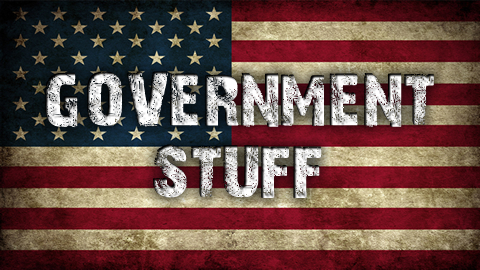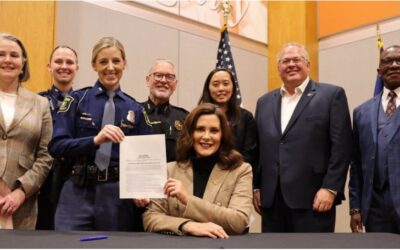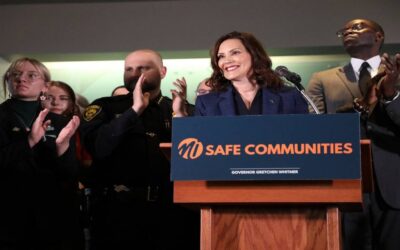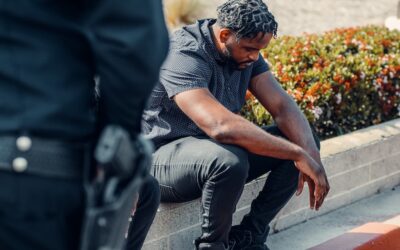You go girl!!!
A public high school was found to have violated the First Amendment when it suspended a student from her cheerleading team for using profane speech off campus.
Mahanoy Area Sch Dist v BL, No 20-255, ___ US ___ (June 23, 2021).
The U.S. Supreme Court has determined that Pennsylvania high school officials did not possess the jurisdiction to reprimand a student for her off-campus, profane Snapchat post, which was made out of frustration after not being selected for the varsity cheerleading squad.
The court ruled 8-1 that the social media post did not cause a substantial disruption under Tinker v. Des Moines Independent Community School District.
A female student at Mahanoy Area High School in Pennsylvania, who did not make the school’s varsity cheerleading team but was instead placed on the junior varsity team, expressed her frustration by posting two images on Snapchat while at a local store during the weekend.
One image included explicit language and gestures alongside general comments about cheerleading and school, although it did not specify the school by name.
The second image only contained the following text: “Love how me and [another student] get told we need a year of jv before we make varsity but tha[t] doesn’t matter to anyone else?”
The cheerleading coach and school administrators were made aware of B.L.’s posts and subsequently decided to suspend her from the team for a duration of one year.
Through her parents, Levy sued in federal court, asserting that the disciplinary action violated her First Amendment right to free speech. Additionally, they contended that it was the responsibility of her parents, not school officials, to administer discipline.
A federal district court and the U.S. Court of Appeals for the 3rd Circuit both ruled in favor of Levy, stating that the Tinker substantial disruption standard does not apply to off-campus, online student speech.
Alternatively, the 3rd Circuit also determined that, even if Tinker was deemed applicable, the post did not reach the threshold of causing substantial disruption.
The school district wasted tax dollars and appealed the Supreme Court decision.
Justice Stephen Breyer Reasoning that a school’s regulatory interests are diminished when a student partakes in off-campus social media speech, it was identified that three distinct features of social media speech govern such an approach.
- With regard to off-campus speech by students, school officials rarely stand in loco parentis. “Geographically speaking, off-campus speech will normally fall within the zone of parental, rather than school-related, responsibility.”
- Courts should be skeptical of school officials’ regulatory interest in policing student social media speech, given that such speech could take place anytime during a 24-hour day.
- Schools have an interest in protecting even unpopular student speech, because “America’s public schools are the nurseries of democracy.”
He emphasized the importance of officials maintaining regulatory oversight over social media speech involving cyberbullying, harassment, threats, or breaches of school security devices.
Justice Alito’s concurring opinion advises public schools to exercise thoughtful caution when seeking to regulate off-campus speech.
Related Articles
Federal Court Strikes Down Gun Ban For People Who Use Marijuana
The federal government's justification for upholding the law is "concerning," according to a federal judge, who ruled that the ban on marijuana users owning firearms is unconstitutional. A man was charged in Oklahoma in 2022 after police found marijuana and a handgun...
US court upholds ban on selling guns to marijuana card holders
SAN FRANCISCO — A federal ban on the sale of guns to medical marijuana card holders does not violate the Second Amendment, a federal appeals court said Wednesday. The ruling by the 9th U.S. Circuit Court of Appeals applies to the nine Western states that fall under...
More Posts
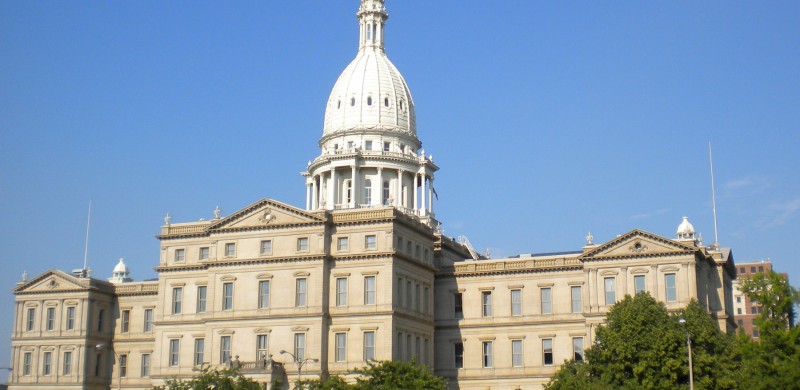
Michigan Medical Marihuana Patient Bill of Rights
On November 8th, 2008, by a majority of 63 percent, the citizens of the State of Michigan voted into law the constitutional initiative, Initiated Law 1 of 2008,...
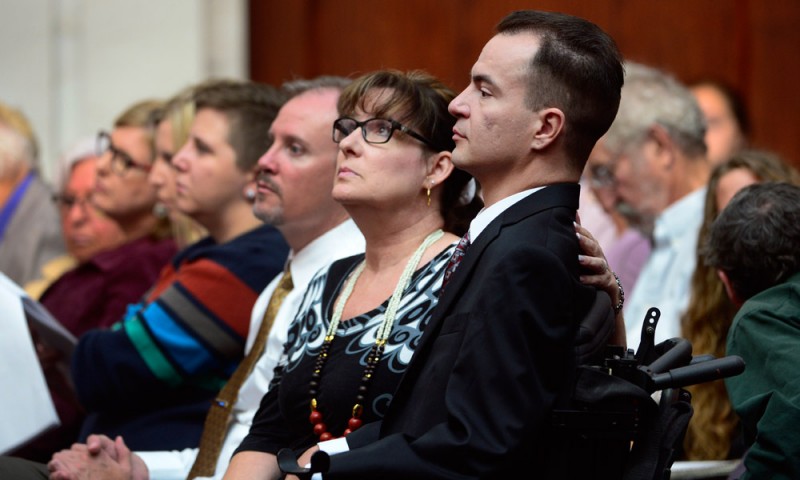
Colorado Supreme Court: Employers can fire for off-duty pot use
The Colorado Supreme Court ruled Monday Jun 15, 2015, that Employers’ zero-tolerance drug policies trump Colorado’s medical marijuana laws. In a 6-0 decision,...
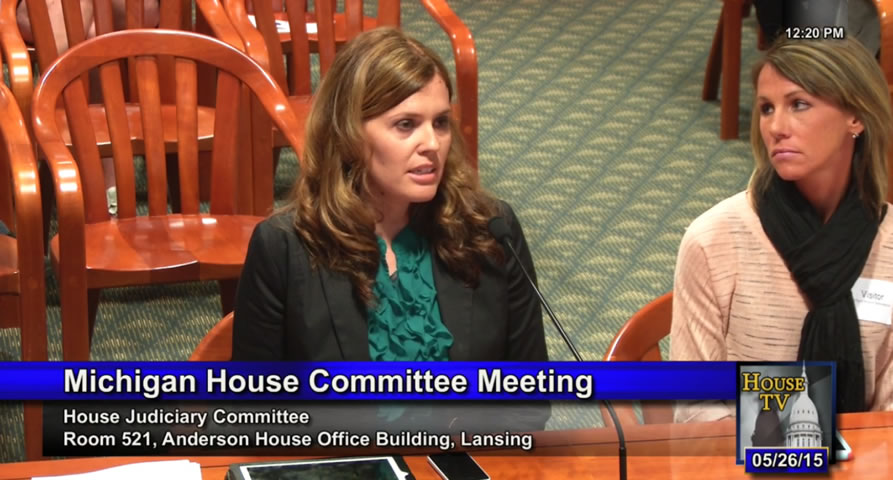
How a sex toy put spotlight on Michigan civil asset forfeiture laws targeted for reform
The headlines read... "How a sex toy put national spotlight on Michigan civil asset forfeiture laws targeted for reform" "State Legislators Reconsider Forfeiture...

Reform Today’s Forfeiture Laws
Everyday, I get calls to my office from medical marijuana patients and caregivers who have been raided or pulled over by police. Often times, these individuals are not...

KOMORN LAW NEWSLETTER ISSUE #1 May 2015
The Michigan Legal Advisor News Letters. Read the current newsletter from Michigan's #1 Medical Marijuana Defense Attorney Michael Komorn. KOMORN LAW NEWSLETTER ISSUE...
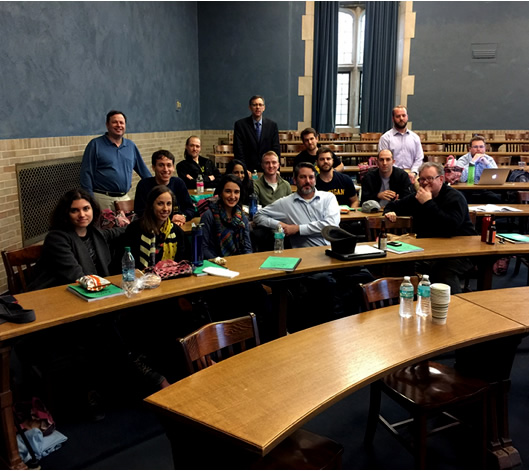
Attorney Michael Komorn Lectures Students at the U of M Law School
I wanted to give a huge thanks to University of Michigan Law School Professors Howard Bromberg, Mark Osbeck and Law School class. This past Thursday I had the honor of...
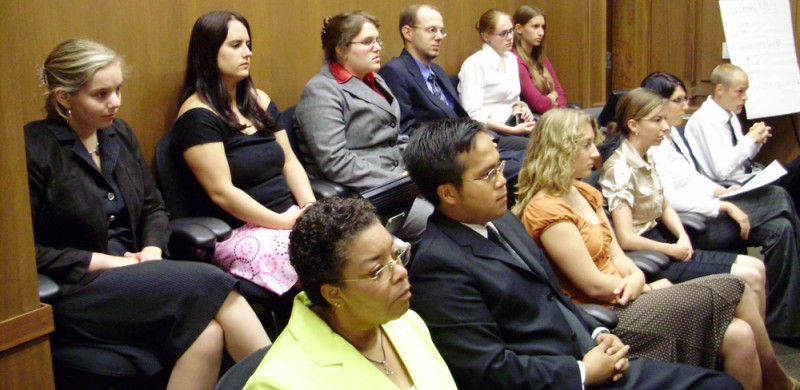
Jury Selection In Marihuana Cases
A jury trial is fundamental to our democratic system of government. Every American citizen should embrace this responsibility by participating, and ensure justice...

Planet Green Trees Radio Episode 149-MSC People v. Koon
The best resource for everything related to Michigan medical marijuana with your host Attorney Michael Komorn. Live every Thursday evening from 8 -10 pm eastern time....
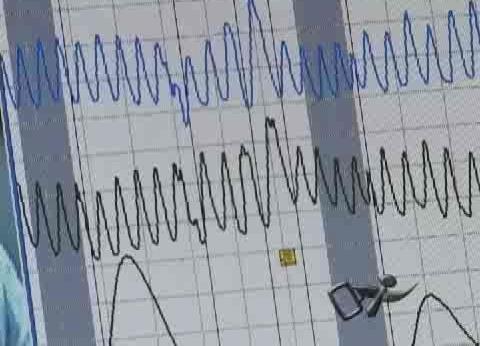
Polygraphs Proven Unreliable, Used for Police Intimidation
Polygraphs are widely recognized as unreliable yet police still use them to elicit confessions. By Michael Komorn Many states don’t allow polygraph test to be admitted...
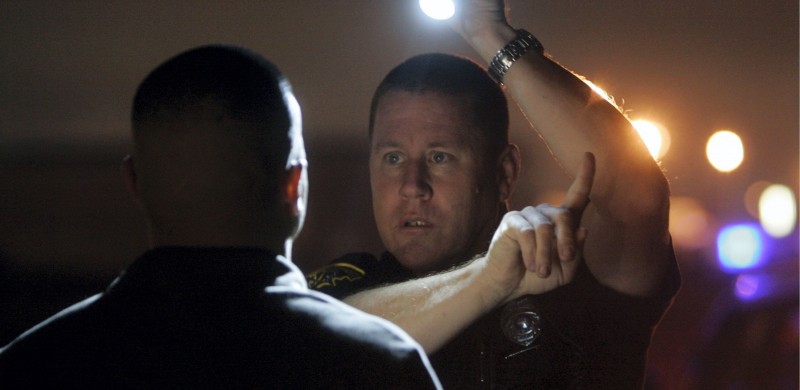
Arrests for DUI’s on the Rise
By Michael Komorn Arrests for DUI’s have been on the rise across Michigan. This trend could drastically increase as The National Transportation Safety Board (NTSB) has...




